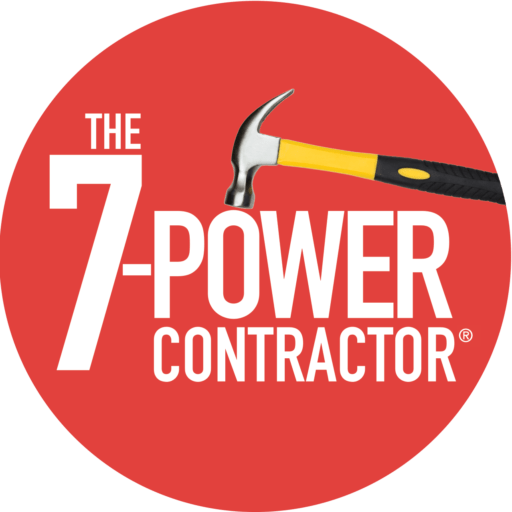When working individually with contractors, I always had them create operating manuals early on to help minimize any daily chaos that was going on in their contracting businesses. For fast-growing shops, operating manuals helped them to keep growing—in a smarter way.
All good stuff.
Then, I waited and let them discover “The Secret Bonus” of those operating manuals. The secret is operating manuals boost sales! Most owners realized this right away, because the best shops closely track sales data.
Here are the top 7 reasons why having operating manuals in place boosts sales:
- The CSR Manual trains the CSRs to put Techs in front of the right customer. This frees the Tech up from wasting valuable productivity time explaining pricing and payment policies. This is learned in weekly meetings using the CSR Manual for phone role-playing.
- The Dispatch Manual trains Dispatchers to better prioritize the dispatching schedule. This minimizes unnecessary drive time and unhappy customers, because everyone knows the accurate appointment time.
- The Tech Manuals teach Techs (as well as their trade manuals like plumbing, heating, cooling and/or electrical) to open the call properly and diagnose correctly in the allotted time before they quote a fee. The exit process ensures customer education and satisfaction, which minimizes buyer’s remorse and stupid callbacks. All of this allows more time to make new sales happen.
- The Tech manual reminds Techs to assess the whole job and not sell stuff customers don’t need. This minimizes callbacks, sells the right repair (or, advises if a replacement is justified) while enhancing the customer experience by identifying comfort, safety, healthy living and efficiency improvements, to name a few.
- The trade manuals have great questions to get the customer talking. After all, they live there. There’s no need to diagnose the job until you diagnose the customer. You must know what they need and what they want. The only way to do that effectively is to ask questions, and write or type their answers for later. The sales advantage is clear. If you’re talking, you’re selling. If a customer is talking and you’re verifying you’re listening to their answers, they’re buying. The other added bonus is when customers feel they’ve been listened to, their buyer’s remorse is reduced. The likelihood of great customer testimonials rises.
- The trade manuals urge Techs to follow best practices wherever and whenever applicable to avoid doing a stupid repair, a bad repair or an incomplete repair.
Example: A Tech does a flapper replacement only on a 20-year-old toilet. The likelihood is they’ll be back for a handle or something else and the customer is not going to be happy. Eliminate partial repairs that invite callbacks by either doing a rebuild or a new toilet replacement, depending on the age of the toilet. Yes, it improves sales, but it’s in the customer’s best interest, as it must always be.
- The trade manuals are filled with objective gateway scenarios about when to recommend a replacement and/or a repair option.
Example: A Tech finds the cooling system is extremely low on refrigerant. The unit is 25 years old. Even if the leak was found, any new cooling system is bound to be more reliable, energy efficient and provide better cooling. It’s time to have a discussion about a replacement option.
The secret bonus of operating manuals is ethical sales opportunities are presented at the time of service. And everyone wins in this scenario.
